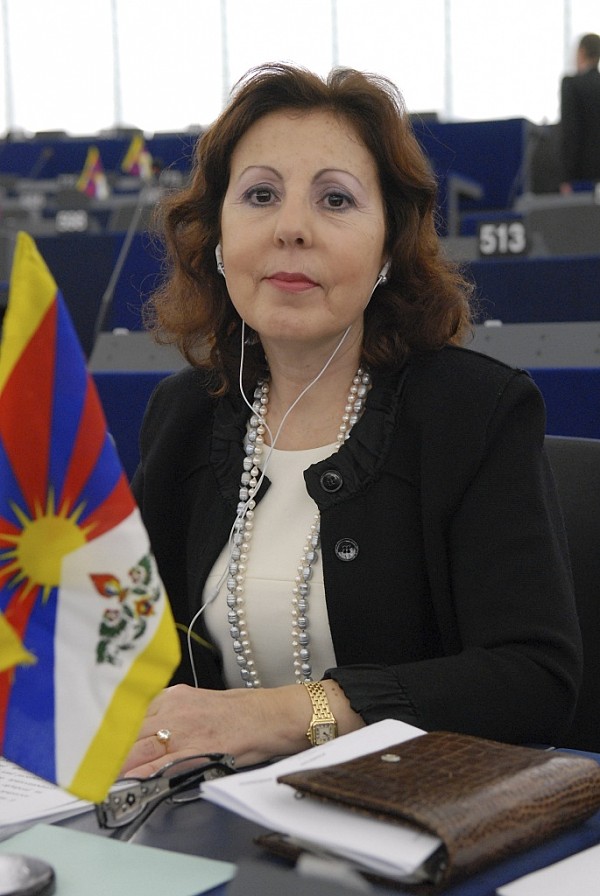Atividade Parlamentar Imprensa: Simplification, Simplification, Simplification (The Parliament Magazine Research Review)
Simplifying the implementation of the research framework programmes by Maria da Graça Carvalho (Pag. 44-45 The Parliament Magazine)
As Thomas Mann once said: "Order and simplification are the first steps towards the mastery of a subject".
The research community urgently calls for a harmonization of the rules and procedures and a general simplification of the financial accountability requirements. Recently, 13.000 researchers put their name to a petition requiring more simplification and trust in EU research funding. This is a generalized feeling amongst researchers, academics and industry members.
It is certainly necessary to simplify the mechanisms involved in the Framework Programmes for Research, Technological Development and Demonstration Activities, FP7 and FP8 and all the European Commission Science and Innovation programmes.
There is a real demand for improvement in the streamlining of research funding and administration. The present discussion is particularly timely, given that we are now just about to begin the interim evaluation of the FP7 and to start on the preparation for the FP8.
There are three main aspects that I should like to bring out. Firstly, the question of administrative and financial simplification; Secondly, the need for improvement of quality, accessibility and transparency; And finally, the benefits of enhanced synergy between programmes and instruments.
We all agree that simplification is in the interest of all stakeholders, that it is necessary to provide stability and legal certainty, and that there is a need for trust-based and risk-tolerant approaches without sacrificing procedural rigor. On the other hand, throughout the simplification process it is important attaining greater precision, simplicity and clarity. Firstly, clear definition of what needs to be changed, how it needs to be changed, and at what speed.
Secondly, it is necessary further simplification in the rules governing funding and costing methodologies. For example, funding rates and costs calculation methods should be identical across the different instruments. Finally, clarity in the definition of such things as eligible costs and taxes is of utmost importance. It is just as important to promote consistency in the application of rules across the all commission departments and audits.
Turning now to improvement in quality accessibility and transparency, I would like to refer to three main subjects, such as the science-based approach, the time to grant issue and the creation of a unique IT platform. Firstly, a science-based approach promotes excellence whilst simplifying financial controls. This being said the result-based approach has certain advantages. Before pursuing a "result-based approach" pilot tests should be carried out for research and demonstration projects in specifically challenging areas. The second exception to my general preference to science based system is the "high trust awards" proposed by the commission. These are appropriated to frontier research, such as the ERC. Secondly, minimizing time to grant is to be encouraged. However, it is important that Member States retain their power of scrutiny. In addition, the two-stage application procedure should be supported provided that evaluation is undertaken thoroughly in the initial stage. Finally, the full integration of grants, evaluations and proposals into a unique IT platform should be adopted across all commission services and agencies. This should be sound, flexible and easy to use.
In order to enhance synergy between programmes and instruments it is important to introduce uniform interpretation and application of rules and procedures. It also supposes harmonization across of all EU bodies involved.
As Charles Mingus said "Making the simple complicated is commonplace; making the complicated simple, that is creativity".
